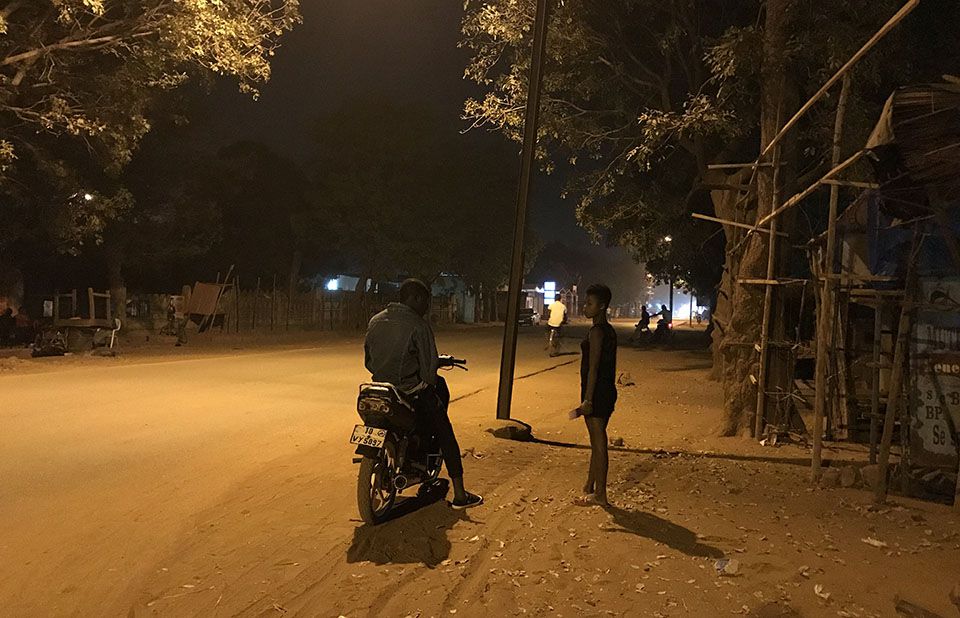By Stanley Nkhondoyachepa

Nkhotakota, June 3, Mana: High mobility of Female Sex Workers (FSW) is one of the factors leading to inconsistencies in service uptake targeting them, consequently hampering efforts to curb further spread of HIV and AIDS.
ActionAid Malawi (AAM) Programs Manager, Dalitso Kuphanga, made the observation in Nkhotakota, during a project Exit Meeting Presentation on Global Fund TB/HIV/Malaria programs in Malawi.
The Organization has since 2018 been implementing a project in the district aimed at reducing the number of new HIV infections and TB related morbidity and mortality.
Kuphanga said the project which targeted FSW, people living with HIV, young people aged 10 to 24 years and pregnant women, among others registered tremendous success during its implementation.
“An average of 4 200 FSW in 244 hotspots across 11 districts are receiving HIV prevention package which include HIV information, provision of condoms and lubricants.
“Again an average of 3 000 FSW is being tested and receiving results every quarter in the 11 districts,” he said.
He said in the year 2018 in Nkhotakota, 172 FSW were reached with the packages against a target of 311, 698 in 2019 against a 374 target while 894 FSW were reached in 2020 against a target of 440.
But Kuphanga bemoaned the high mobility of FSW, observing the practice was hindering efforts to contribute to reduction of new HIV infections and improve the health and wellbeing among HIV positive FSW.
“Many sex workers do not stay at the same place for long, today they will be at this place and tomorrow somewhere which brings inconsistencies in service uptake” he said.
He said as a measure, the program had trained resident FSW to follow up on migrating FSWs.
On TB, Kuphanga said there is an increase of community involvement in notifying cases of TB to health workers in the communities.
He said currently, up to 12 percent of Tuberculosis notified cases are being contributed by community structures in 2 566 Community Sputum Collection Points across the country.
Nkhotakota Environmental Health Officer, Lilian Chimbayo, described the project as successful.
“Looking at the figures one would conclude that the project was successful but we need to follow up and interview the sex workers to see how the project went and see how best to continue implementing it when another partner comes,” she said.
District Social Welfare Officer, Macdonald Mpichi, hailed AAM for the project observing it had reduced the spread of HIV in the district.
He, however, asked for inclusion of programs that looks into the welfare of children of sex workers, observing many leave their babies home with no proper care.
He also observed that many sex workers are engaging in drug and substance abuse, saying there should be a way to deal with the problem.
In Nkhotakota, the project which had run for three years has been implemented to the tune of about K127.2 million with funding from the Global Fund.

